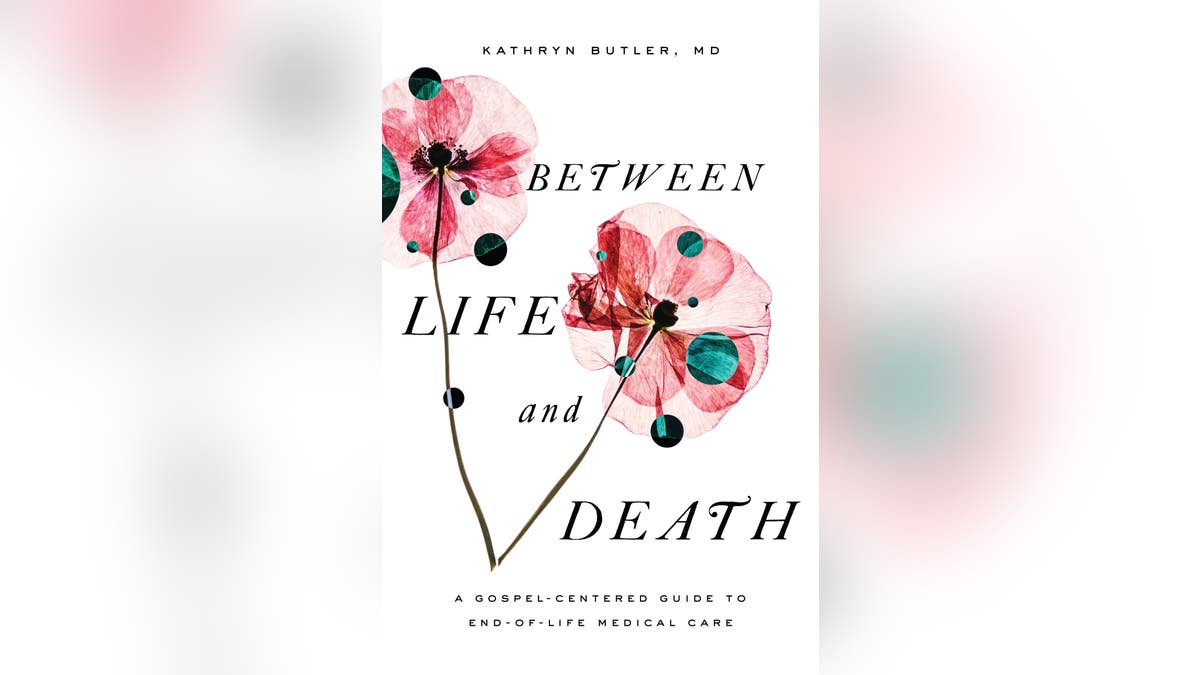How to Better Communicate With Elderly Parents
‘How to Say it to Seniors’ author David Solie on how to better communicate with elderly parents about important topics from health to finances.
I laid out the grim details, each organ failing, each number falling. With every data point his face darkened with anguish. When we finally reached the question at hand – what to do with the ventilator that could not heal his father – the tears finally came.
“I don’t know what to do,” he said. “Dad’s never talked about any of this stuff. He’s a tell-it-like-it-is, God-fearing man who hates hospitals. What would he tell me to do?”
Sadly, this predicament isn’t unique. Although 70 percent of Americans envision dying at home, among the people and memories they cherish, only 20 percent do. Most elderly people now spend their last days in institutions cluttered with technology. Up to 70 percent of people over sixty cannot voice their wishes at the end of life, and require others – usually frightened loved ones – to make decisions on their behalf.

Unfortunately, as only a fourth of people in the U.S. document their end-of-life wishes ahead of time, many of us navigate these scenarios rudderless. Making such choices is a heavy burden, and we’re apt to suffer high rates of depression, anxiety, complicated grief, and even post-traumatic stress disorder after we’ve made choices for dying loved ones. As much as we balk from the topic, the current landscape mandates that we discuss end-of-life care with aging loved ones openly, honestly, and compassionately, before calamity strikes.
One clear way to ensure we honor a loved one’s wishes is to help him fill out an advance directive. Advance directives aim to document wishes for organ-supporting measures in the event of severe illness, and come in two flavors: a checkbox form called a physicians’ orders for life sustaining treatment (POLST), or a living will, which allows space for a narrative discussion. Specific forms vary by state, and can be downloaded from the National Hospice and Palliative Care Organization website. Another helpful tool is Five Wishes, a living will template that elaborates end-of-life preferences in plain language.
Whatever tool you choose, the process of teasing out your loved one’s values is most important. For those of us who draw courage from our faith in Jesus, we can take comfort from clear tenets revealed in the Bible: we’re to preserve life when illness is recoverable (Exo. 20:13), to accept death when it arrives (Ps. 31:15), and to extend compassion and mercy toward the suffering (John 13:34). These principles guide us to seek treatments when they offer hope of recovery, but they do not compel us to undergo interventions that prolong death or inflict suffering without benefit.
Even as your own heart aches, cling to the hope that supersedes any medical technology: the grace imparted to us through Christ’s sacrifice and resurrection (Ps. 124:8).
Too often, medical treatment offers not complete recovery but life with new infirmity. As you initiate these hard conversations, ask your loved one how much disability he could bear. The following questions can help guide the discussion:
1. What are your goals for the end of life?
This question pertains to how your loved one wishes to spend his final days. Is it important to remain at home? What matters to him as his life ends? Who matters? What activities invigorate him and fastens his gaze heavenward? What places and people are most precious to him? When he envisions the end of life, what details does he most prize?
2. How much suffering is too much?
As he imagines periods of pain and dependence, what would constitute undue suffering? What outcomes are unacceptable to him, no matter the gain? What would so burden him as to strip away his ability to serve God with joy? What would be intolerable?
3. What trials is he willing to endure to achieve his goals at the end of life?
What is your loved one prepared to sacrifice, and what sacrifice would be unacceptable? As an example, if he aims to spend his final days at home with family, would he be willing to have a ventilator at home to enable this? Would he endure medical treatments that impair consciousness to extend life, or must he be in command of his mental faculties, even if declining treatment quickens the end?
CLICK HERE TO GET THE FOX NEWS APP
When your loved one permits, engage his physician in this process. Ask for insight into how his chronic illnesses influence the likelihood of recovery from a catastrophic event.
Also readily involve a trusted pastor or chaplain to inform your discussions, to help your loved one focus his eyes on the one who saps death of its sting (1 Cor. 15:55). And even as your own heartaches, cling to the hope that supersedes any medical technology: the grace imparted to us through Christ’s sacrifice and resurrection (Ps. 124:8). “For I am sure that neither death nor life, nor angels nor rulers, nor things present nor things to come, nor powers, nor height nor depth, nor anything else in all creation, will be able to separate us from the love of God in Christ Jesus our Lord.” (Rom 8:38-39)









































